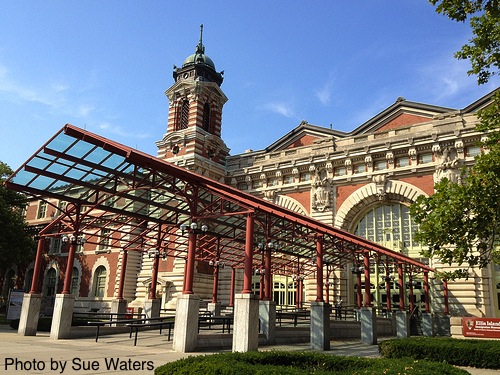Every writer needs a healthy dose of humility. Having a humble outlook is what lets us realize that we still need to work on our craft. That we should never rest on our laurels because our writing is never as good as it could be. That there’s always room for improvement.
Humility is what makes us strive to be better writers, and better people. By recognizing our shortcomings, we allow ourselves to see the possibilities of all that could be. Without humility there’s no room for potential growth.
Disclaimer: It’s hard to talk about humility without sounding like the complete opposite of humble. The minute you try to talk about this topic, you risk sounding like “Look at me! Look how humble I am!” which kind of defeats the purpose of talking about humility in the first place. That said, this is a crucial topic for writers to think about, so despite the potential pitfalls I’m going to write about it anyway. If I say something that makes me sound like an arrogant, entitled jerk, please do me a favor and smack me upside the head. Now onto the topic at hand.
I was having a conversation with my mother the other day when the topic of humility came up. We were talking about doing something that matters, choosing a vocation (in my case writing) that can help make a difference in the world. And my mother replied: “That’s all well and good, if you have that luxury. Sometimes you can’t make a difference, you just do what you have to so you can survive. Sometimes meaningful work isn’t as important as getting that paycheck at the end of the week.”
Now, to understand how shocked I was to her say this, you need to realize something about my family. I come from a long line of immigrants and pioneers, so this idea of doing whatever it takes to make a better life is ingrained in my DNA. My great-grandparents sailed from Portugal to Brazil in search of a better life. They were also the Brazilian equivalent of the pioneers, with my grandfather being born on the trail to the “new frontier.” In the early 20th century, my grandparents ping-ponged back and forth across the Atlantic, finally landing back in Brazil. Then one generation later, my father’s job transferred him to New York so he and my mother came to America with with nothing more than a suitcase and a smile.
My whole life, it was drilled into my head that I–along with my siblings and cousins–was the future of the family line. Making a difference in the world wasn’t just an opportunity that had been given me (to us), it was a responsibility that I owed to those who came before and paved the way. It was my duty to do something important with my life, to make something of myself, and leave a legacy that would justify all those sacrifices made by my parents, grandparents and great-grandparents.
As if!
As if I was the end all and be all of my family tree. As if the world would somehow fall apart if I didn’t make some significant contribution with my writing. As if I was so important that my writing would somehow matter one hundred years from now. Or in ten years. Or even in ten days.
And that’s when I realized the true definition of humility, and the difference between humility and hope.
Hope is what made my great-grandparents hop on the ship from Portugal. Hope is what brought my parents to New York. Hope is what makes me go to the page everyday and write, even though I know what I have to say will probably never rock the depths of this planet.
The other day I received an inspiring email from a fellow writer and loyal reader–one of you, in fact. This writer shared that he was finally going back to a project that he had been working on for years, because only now had he built up his craft to a place where he felt he could tackle the book and do it justice. And I thought, what an amazing example of humility and hope. This writer had the humility to recognize that his writing was not in a place where he could do justice to his project, but had the hope to invest time and effort to make it happen.
That’s what writing is all about. We need to accept that our writing is not perfect, that it might not get published, that maybe no one will ever read it, or if they read it they might not like it. We need to admit when our projects are often more ambitious than we can handle.
Then need we write them anyway.







